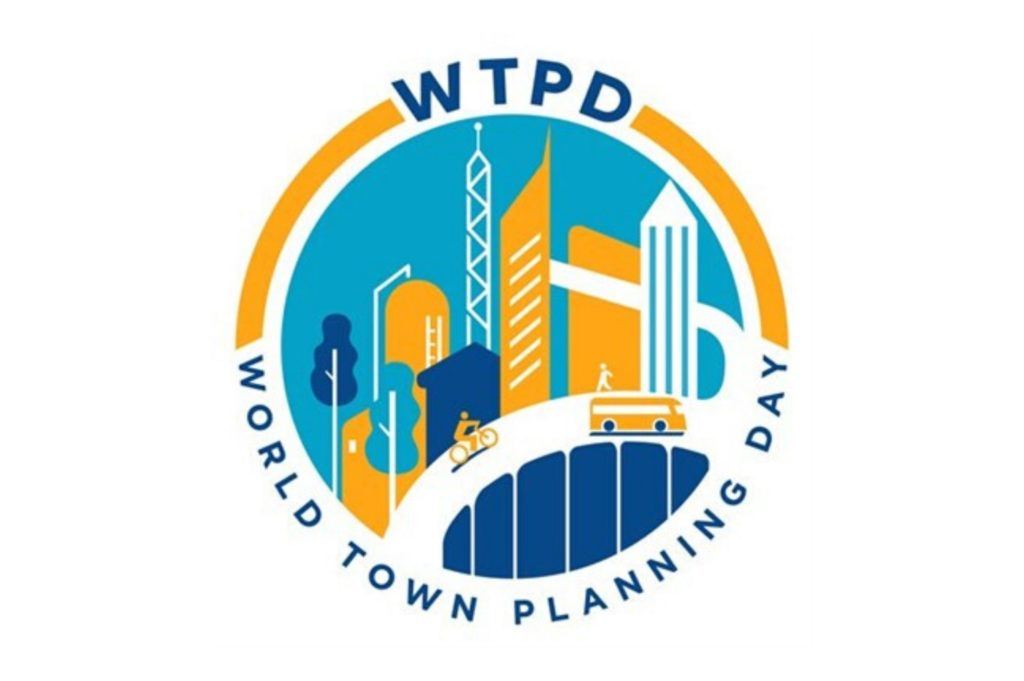Friday 8 November marks the 70th anniversary of World Town Planning Day.
World Town Planning Day brings together planners and communities every year on this date to celebrate how we shape our world and make it a place where people want to live, work and play together.
World Town Planning day was launched by Professor Carlos María della Paolera of Buenos Aires in 1949 in order to promote the value of planning all over the world.
In the 70 years since then planners from over 30 countries have celebrated their achievements in helping to create more sustainable communities and places with lectures, children’s competitions, fund raising and charity events, planning awards and street festivals.
This year the President of The Royal Town Planning Institute (RTPI), Ian Tant will be dedicating a ‘blue plaque’ in London to Sir Patrick Abercrombie, best known for his post-Second World War replanning of London.
In addition Ian will be joining Presidents and Chairs of other planning associations from across the world to call on planners to continue to champion the causes of equity, diversity and inclusivity in their work.
The RTPI will also be running its Planning Day Schools Competition. This is designed to inspire students to take a closer look at both their local and wider environment and the many decisions that impact it. The competition is open to all UK secondary schools, with winning schools receiving prizes for the individual student and the school. More information can be found HERE.
“Town planning is increasingly important across the world as climate change bites,” says Jonathan Jenkin, Managing Director of Planning & Design.
“Putting development in the right place makes urban development more robust in a changing climate and it makes it possible to deliver services on a low carbon model. In many countries there is no effective land use control and the latest wildfires in California are a case in point. Suburban and ex-urban housing has been built to a very low density in forested and scrub areas that are vulnerable to fire. These places are often very difficult to reach and to supply adequate water. They should not be built on and this is in a first world country. In Britain development does not take place in such sensitive locations. These include the uplands, areas liable to regular flooding, and areas of importance to nature conservation. Development densities in the UK are generally high and we take care to consider the impact of development on local communities.
With climate change the provision off public transport must increase, the use of the private car should be reduced and our homes should be built to zero carbon. This means building at greater densities and making the best use of land in our urban areas. It means co-ordinating development with public transport and building in locations of greatest accessibility so that people have a choice of transport options, to do this will give young people and the elderly autonomy in their lives, reduce inequality through better access to work and public services and in doing so create greater well-being for all.“
Comprising town planners, architects and architectural assistants our staff bring a wealth of experience from a range of backgrounds and various parts of the UK. Our planners have worked in the public & private sectors, and have excellent working relations with Local Planning Authorities. In our work we seek to realise the development potential of land and buildings to the benefit of the client and the wider community.
For more information or to discuss a specific project please contact us.



